The 6th edition of the APAC National Healthtech Innovation Conclave was organized in New Delhi on July 27th, 2023 at The LaLiT Hotel. Underpinning the Conclave tagline of “Enabling Healthcare with Technology”, more than 50 administrators and technology decision makers from hospitals as well as 30 tech decision makers and top executives from technology companies deliberated on the technology roadmap likely to be adopted by the healthcare sector. The Conclave was further enhanced by the active participation of another 100+ tech influencers from healthcare who were interactive from the start to the finish.
The Conclave was well supported by the industry with active participation from the likes of Iron Mountain, Schneider Electric, Cloud4C, Ruckus Networks and Trimed Solutions. Various agencies including the National Health Authority, HITES and HSCC as well as the NGO Wheeling Happiness also supported the Conclave.
Primarily the discussions ranged from harnessing digital solutions to enhance efficiency, quality and productivity of healthcare to leveraging emerging technologies to enable public healthcare. The Conclave also focused on digital hospitals of the future to developing a Health 4.0 vision for a smart and connected healthcare system. Last but not the least digitally upskilling the health workforce was also touched upon.

Dr Dhan Singh Rawat, Health & Education Minister, Uttarakhand highlighted some achievements of Uttarakhand in the healthcare sector. There was a Chintan Shivir in Uttarakhand where all health ministers deliberated on different issues of healthcare, he informed. “In Uttarakhand we vaccinated 100% of population in both first and second doses despite geographical challenges. We have 1700 wellness centers across Uttarakhand , we make payment within one week on Ayushman Bharat,” added Rawat. 39 lakh ABHA IDs created till date in Uttarakhand, he added.

Dr Basant Garg, IAS, Additional CEO, NHA highlighted some key services and solutions being rendered by the National Health Authority. As of date, 43 crore Ayushman Bharat Heath Account (ABHA) IDs have been created with digital health recodrs of each account holder. Health Information Exchange consent manager based on ABHA links the health records of each account holder. National Health Claims Exchange enables hospitals to automatically process and settle real time. “This brings efficiency in the system,” opined Garg.
Unified Health Interface aims to build interoperable services so that patients can teleconsult with doctors from different platforms and applications. “Even operations like blood banks and ambulances can be in UHI,” added Garg. He also informed that 1700 hospitals across 32 states use the Scanentia services, with 75,000 patients availing it daily. And most critically, using this digital OPD system, the waiting time for patients has decreased from 50 minutes to 4 minutes. This has been achieved in public hospitals, claimed Garg.
As per Per-Arne Wikström, Counsellor, Head of Office of Science & Innovation, Embassy of Sweden, New Delhi, Sweden has integrated life sciences and digitization as well as multiple helix model in other spheres too transforming a traditional healthcare into a more efficient one. He focused on five areas of cooperation between India and Sweden.

- Data sharing about digital health records
- Ecosystems and platforms about Swedish innovation body Innova leveraging digital technologies for innovation
- Targeted projects developing personalized healthcare records at the intersection of life sciences and digitization
- Learning, especially talent acquisition of digital skills in life sciences and there is a research and mobility program encouraging Collaboration
- Helix programs innovation support system fostering innovation

Dr Adapa Karthik, IAS, Special Secretary, Health & Family Welfare Department, Punjab highlighted the use of AI/ML in healthcare across Punjab. “Safety and risk management is the biggest challenge AI and ML applications bring and Punjab has an AI/ML application on breast thermography which replaces traditional mammography,” informed Karthik. Punjab govt has screened 20,000 women on AI enabled thermography. This is the first anywhere in the world, he claimed.

Urvashi Prasad, Director, Office of VC, NITI Aayog outlined the shift of the Indian health system from curative to preventive and a focus towards wellness. “Health is witnessing a demographic transition in the country. The senior citizen population going up and in many states this transition this has happened with fertility rates stabilizing,” she added. According to her, non-communicable diseases (NCDs are a rising burden and these are chronic conditions. Technology like IoT can help health providers keep a better track of NCDs. International collaboration role in med tech and research and innovation is critical, was Prasad’s prescription.

“We are looking at next-gen technologies to transform healthcare delivery in Kerala, “opined Dr Rathan Kelkar, IAS, CEO, State Health Agency, Kerala.

Deepa Malik, Padma Shri, Khel Ratna and Arjuna Awardee and a prominent motivational speaker had some important messages for the assembled audience. “Continuous support from doctors and physiotherapists has always helped me in my sports career. Gadgets and technology also need to be inclusive.”

Highlighting achievements in Haryana, Dr Sonia Trikha, Director General Health Services, Health & Family Welfare Department, Haryana reminded about the UTAR initiative launched way back in 2014 in Haryana. The system helped significantly with indenting and distribution. It was not just efficiency but it led to better use of human resources, outlined Trikha. “In Jind district we used AI to test tuberculosis. We had mobile medical vans and hand held cameras integrated with AI tool. We used AI also for diabetic retinopathy and we conducted the course for our medical officers. Taking images of patient retinas and using predictive AI to detect if they might have retinopathy was another success,” she added.

Prof. Ajai Singh, Executive Director & CEO, AIIMS Bhopal informed that AIIMS Bhopal has connected 50 PHCs in tribal areas under e-consultations. “We have set up e-ICUs through a pilot with Vidisha medical center. We have created a system of e-follow up too,” he added.

“We have invested in infrastructure in primary, secondary and tertiary care . 50% of public and private institutions are under PM JAY program and digitization is to link both of them,” explained K Madan Gopal, Advisor—PHA, NHSRC, Ministry of Health & Family Welfare. Embedding of ABHA ID into digital records is now the real challenge and to have some intelligence derived out of it, Gopal concluded.

The panel discussions included renowned names from both healthcare including the likes of Dr Sushil Kumar Meher, CIO, AIIMS- New Delhi, Praveen Bist, Chief Information Officer, Amrita Hospitals, Faridabad, Nikhil Goel, Vice President & Head IT Projects, Max Healthcare, J P Dwivedi, CIO, Rajiv Gandhi Cancer Institute & Research Center, Prashant Vashisht, Group Chief Information Officer, Marengo Asia Healthcare, Arun Goyal, CIO, Sir Ganga Ram Hospital, Vishal Gupta, CIO, Life Care Hospitals and Bliss Medical Centers, Mohit Tandon, GM-IT, Sri Balaji Action Medical Institute & Action Cancer Hospital, Himanshu Bhardwaj, Head HIS & IT Applications, Medanta – The Medicity Hospital, Dr D K Gupta, Chairman & Managing Director, Felix Hospital, Cdr. Navneet Bali, Sr. Vice President & Group Head, Narayana Health, Dr Samir Singh, VP Clinical Services, CK Birla Healthcare, Ekta Modi, COO, Parul Sevashram Hospital, Neelesh Shinde, Group Chief Technical Officer, Jupiter Hospital, Dr. Biren Chauhan, Group COO, Sunshine Global Hospitals, Saurabh Gupta, Regional COO, KIMS Hospitals.
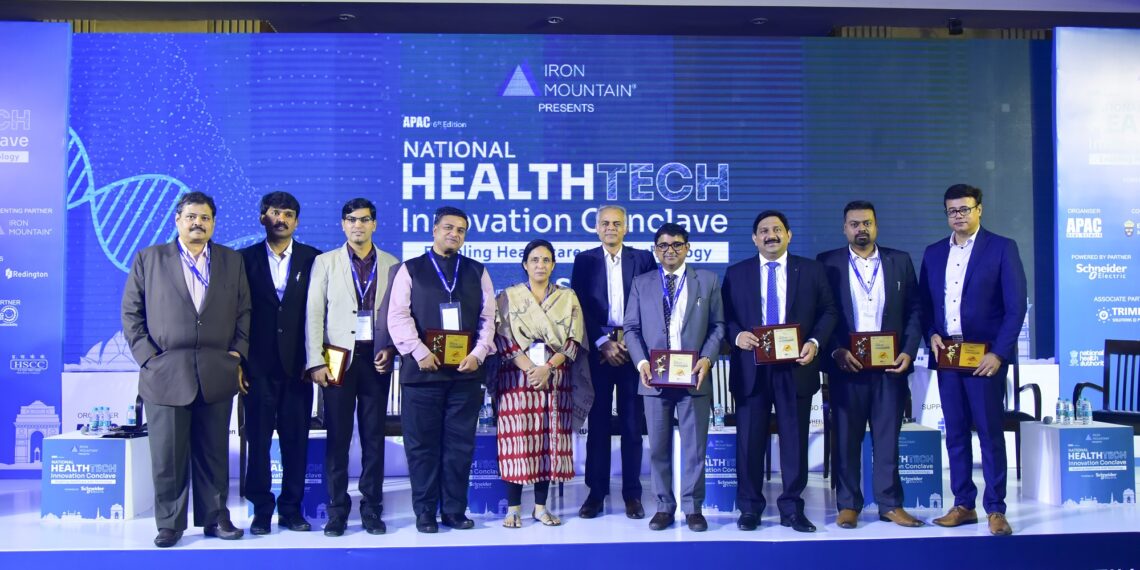
The other panelists included Dr Kousar Shah, Sr. Vice President, Max Healthcare, Dr Aashish Chaudhry, Managing Director, Aakash Healthcare, Dr. Karan Thakur, Group Lead – Sustainability & ESG and Vice President, Indraprastha Apollo Hospitals, Dr Ashish Shukla, Vice President – Operations & Strategy, Regency Healthcare, Col Binu Sharma, Senior Director Nursing, Max Healthcare, Kawaljeet Oberoi, Group Chief Nursing Officer, Paras Health Capt. Sandhya Shankar, Corporate Chief of Nursing, Fortis Healthcare, Dr. Ashutosh Srivastava, Medical Director, Aditya Birla Memorial Hospital and Rahul Dutta, Chief Operating Officer (COO) Fernandez Hospitals (Units of Fernandez Foundation). Hitesh Bharadwaj, National Manager, Iron Mountain India, Bhupesh Arora, Business Head, Digital Energy Division, Schneider Electric and Dr. Anil Muniyappa, Head Healthcare Transformation, Cloud4C joined the discussions from the industry side.


The industry partners added valuable insights on healthcare the 200+ assembled healthcare technology professionals. The participating hospitals learnt from Iron Mountain how to digitally transform themselves to improve the quality of healthcare while navigating stringent privacy and security requirements. “Iron Mountain is a data and information management company that works with several hospitals worldwide,” informed Praveena Gundiah, Commercial Director, Iron Mountain India.

The launch of Cloud4C’s healthcare in a box was eagerly received by the participating hospitals who now plan to deploy the solution in their premises. Dr Anil Muniyappa, Head-Healthcare Transformation, Cloud4C, while launching CHIB highlighted the advantages offered to hospitals by having healthcare informatics in a box.

Schneider’s insights on sustainability and its application in healthcare enriched all participating hospitals and provided them with a well defined roadmap on their sustainability journey. Healthcare is an extremely energy intensive sector and 25% of all opex costs of all hospitals goes on energy, informed Sweta Sharma, Segment Head—Buildings, Schneider Electric India. “If healthcare sector was a country, it would be the 5th largest emitter and so it would have humongous carbon footprint,” she explained.

The participating hospitals gained from Ruckus Networks the perspective on developing an improved connected healthcare network from the edge to the core conforming to all regulatory compliances. Chetan Mistry, Sr Systems Engineer, Ruckus Networks outlined how Ruckus can help in creating tomorrow’s smart hospitals.

Trimed Solutions offered the participating hospitals a peek into the future on how the healthcare sector can effectively leverage new-gen technologies to streamline their operations. Selvakumar Devannan, Founder & MD, Trimed Solutions illustrated with use cases how medical devices are leveraging on next gen technologies today in the Indian hospitals.





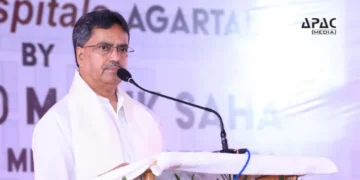


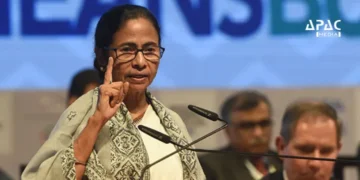






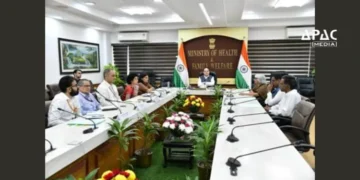
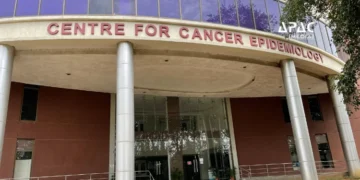

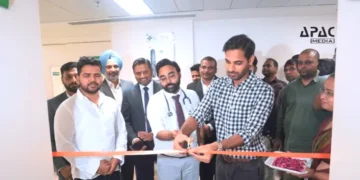






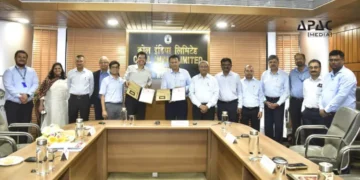
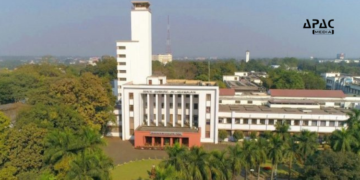
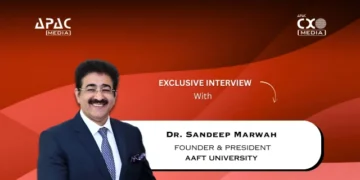

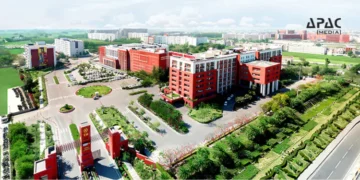
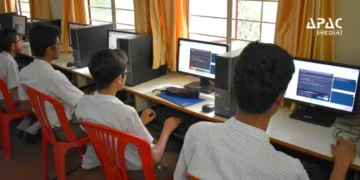
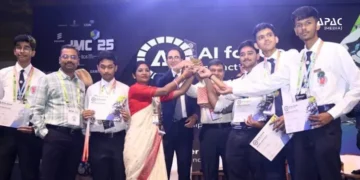
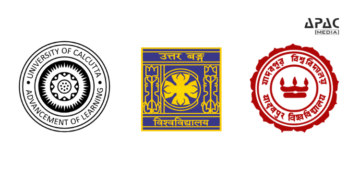
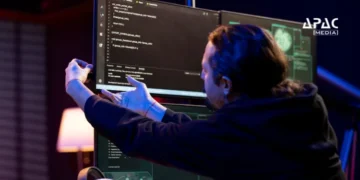
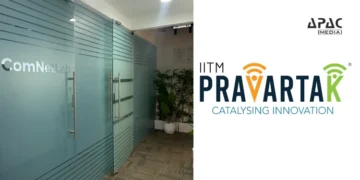







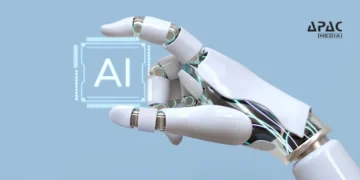
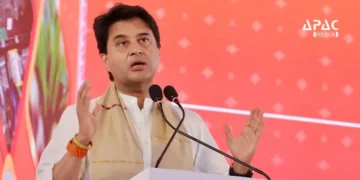
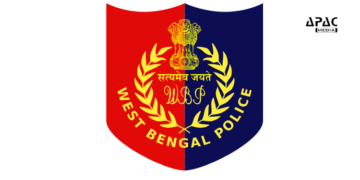
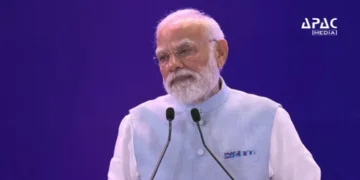
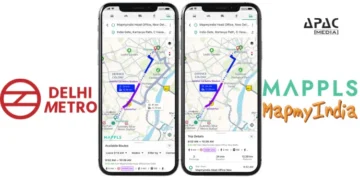
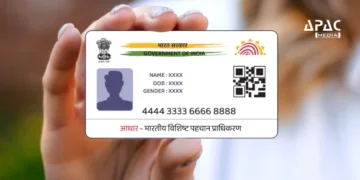






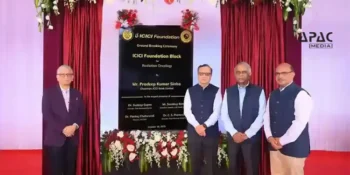
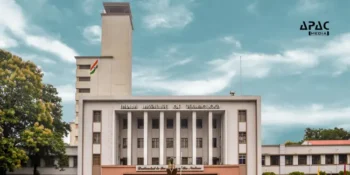













Discussion about this post